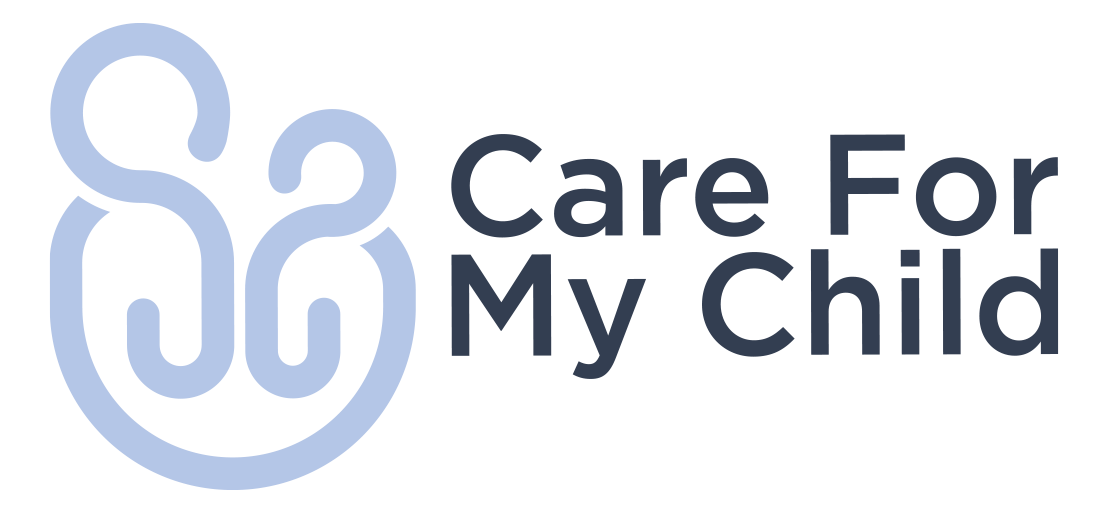Embracing the Postpartum Journey: A Mother's Perspective
Introduction:
The journey of motherhood is a wonderful experience that brings immense joy and fulfilment. However, it is essential to acknowledge that the post-partum period is challenging and filled with extreme emotion. In this blog, we will explore the post-partum journey from a mother's perspective, shedding light on the physical, emotional, and practical aspects of this transformative time.
Let's discover ways to embrace and navigate the postpartum journey with love, self-care, and support.
Physical Recovery
After the miracle of childbirth, your body embarks on a remarkable healing process. Here are some key aspects of physical recovery during the postpartum period:
Healing and Rest: Give your body the time it needs to heal. Rest as much as possible, allowing your body to recover from childbirth. Remember, healing takes time, and it's essential to listen to your body's cues.
Nurturing Your Body: Good nutrition and hydration play a crucial role in postpartum recovery. Focus on nourishing foods, hydrating beverages, and gentle exercises as recommended by your healthcare provider. Be patient with yourself and embrace the changes your body has gone through, having a baby is nothing short of miraculous, so don’t compare yourself to others and focus on your own journey.
Emotional Well-being
The postpartum period can bring a whirlwind of emotions, and it is essential to prioritise your emotional well-being.
Here's how you can help navigate the emotional rollercoaster of motherhood:
Seek Support: Surround yourself with a strong support system, including your partner, family, and friends. Lean on them for emotional support, reassurance, and understanding. Discuss your feelings openly and honestly, as this can help share your concerns at a difficult time particularly with other parents who are likely to be facing similar challenges.
Self-Compassion: Remember that it's normal to experience a range of emotions during the postpartum period, including joy, excitement, and even moments of uncertainty or sadness. Practice self-compassion and remind yourself that you're doing an incredible job as a mother, even during challenging times.
Postpartum Mental Health: Postpartum mood disorders, such as postpartum depression or anxiety, are common and should not be ignored. If you're experiencing prolonged feelings of sadness, hopelessness, or extreme anxiety, seek professional help from your healthcare provider. They can offer resources and support to help you navigate these challenges.
Bonding with Your Baby
The postpartum period is a precious time for bonding with your newborn. Here are some tips to foster a strong connection with your baby:
Skin-to-Skin Contact: Embrace the power of skin-to-skin contact. Hold your baby against your bare chest, allowing them to feel your warmth and heartbeat. This promotes bonding, regulates their body temperature, and can even aid in breastfeeding.
Baby Massage: Incorporate gentle baby massages into your daily routine. This nurturing touch not only soothes your baby but also strengthens the bond between you. Use gentle, baby-safe oils and follow simple massage techniques.
Eye Contact and Cuddles: Engage in frequent eye contact with your baby and cuddle them often. These simple acts of love and connection strengthen the bond between you and promote a sense of security for your little one.
Practical Considerations
In addition to the physical and emotional aspects, there are practical considerations that can support you during the postpartum period:
Establishing Routines: This is practically impossible during the first few weeks of life as you are settling into life with a newborn. However, at some point, creating a routine can provide structure and stability during this new phase of life. But this is easier said than done! Develop a flexible schedule that accommodates both your needs and your baby's needs.
As they settle into a feeding routine, sleep routines can be helpful, as an over-tired baby is a terrible spiral. There are lots of good articles about getting your baby into a sleep routine but as with everything, all babies are different and what works for one doesn’t work for another.
Accepting Help: This is easier said than done but don't hesitate to accept help from loved ones. Whether it's assistance with household chores, preparing meals, or simply giving you a break to rest, accepting support can alleviate some of the pressure and allow you to have a break.
Self-Care Rituals: Prioritise time for yourself to recharge. Find small moments to engage in activities that bring you joy and relaxation, such as taking a warm bath, practicing mindfulness, reading, or enjoying a cup of coffee. Self-care is not selfish—it's a vital part of your well-being as a mother.
Conclusion:
The postpartum journey is a unique time in a mother's life. Embrace this chapter with patience, self-compassion, and support from your loved ones. Remember, you're not alone in this journey, and reaching out for help and support is important. Celebrate the joys, navigate the challenges, and cherish the precious moments of connection with your little one because before you know it, they will quickly grow up.
Further reading and resources:
Maternal Mental Health (Post Natal Depression) Postnatal depression - NHS (www.nhs.uk)






